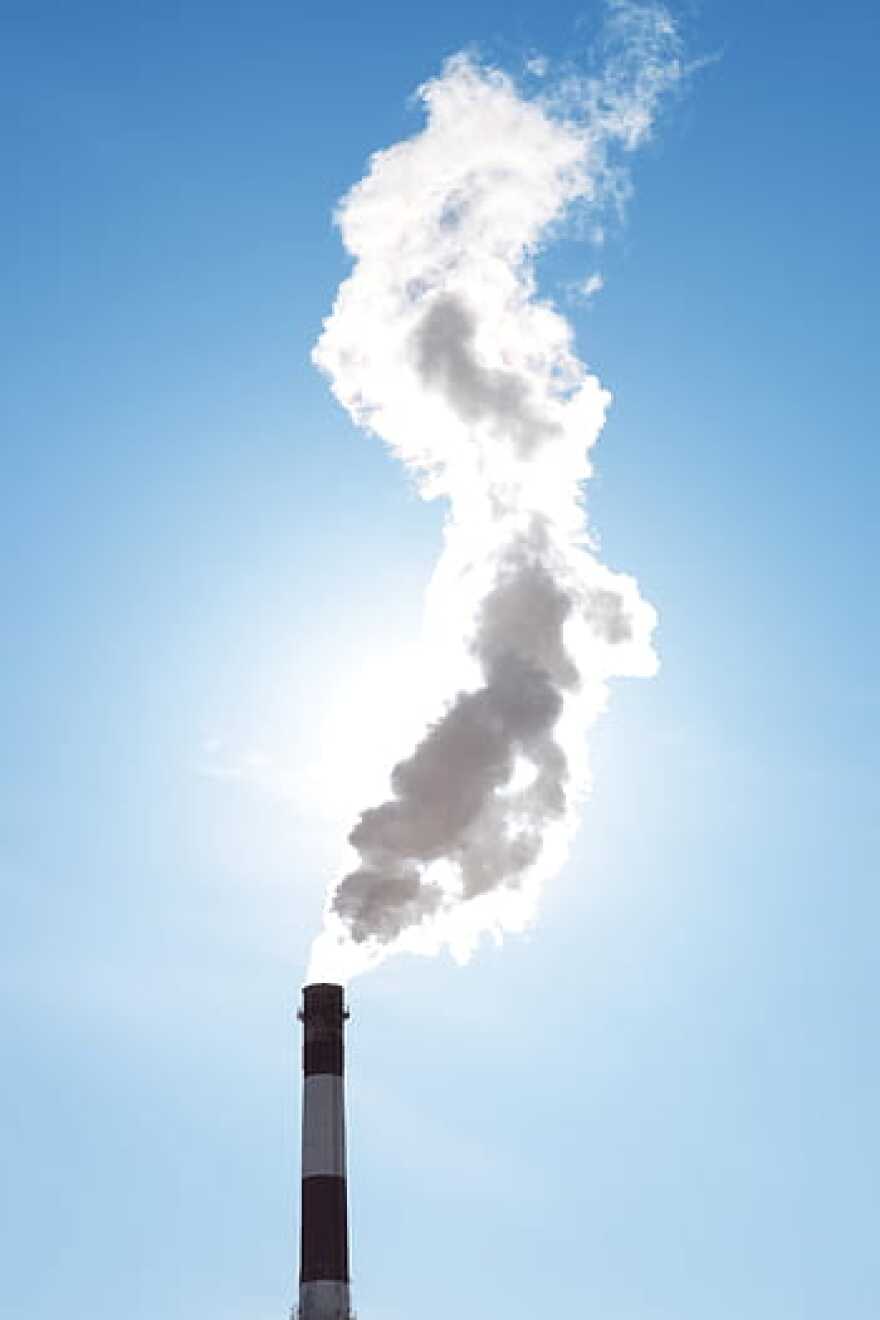The COVID-19 shutdown took most people off the road for a couple of months. That did allow for some air quality improvement in Southeast Michigan. However, it wasn't enough to offset the generations of pollution that have resulted in terrible health conditions and outcomes. For this week's "Issues of the Environment," WEMU's David Fair has a conversation about this situation with Mary Ann Dolehanty, the director of Michigan Department of Environment, Great Lakes and Energy's Air Quality Division.
Overview
- Research indicates that air pollution is worsening the coronavirus pandemic in cities like Detroit, which has long struggled with poor air quality due to the combined presence of heavy industry, coal-fired power plants and converging transportation corridors. The nationwide study, which is awaiting peer review, found that someone who lives for decades in a county with high PM2.5 levels is 15 percent more likely to die from COVID-19 than someone who lives in a region with just one microgram per-cubic-meter less of such pollution.
- But the pandemic lockdowns are also, ironically, helping to clean the air. Preliminary state data indicates that business and travel restrictions have resulted in a low to moderate drop in two types of toxic emissions commonly associated with fuel combustion.
- Fine particulate matter (PM2.5) has decreased about 10 percent and nitrogen dioxide (NO2) has dropped 30 percent over the past month compared to a year ago, say pollution regulators with the Michigan Department of Environment, Great Lakes and Energy (EGLE). (Air quality improved dramatically in China, Beirut, Venice, and elsewhere, but the improvements were less noticeable in Michigan.)
- Unfortunately, cleaner air comes too late for the 1,580 people in Wayne County who have already died of COVID-19 as of April 26. Of that number, 922 are in Detroit, the pandemic’s epicenter in Michigan. The city’s predominantly African American population was already at higher risk for developing severe symptoms due to elevated rates of diabetes and hypertension — one of several reasons being cited for the drastic toll COVID-19 is having there.
- “With traffic not being present and some of these sources not operating, we are seeing obvious practical impact from that,” said Mary Ann Dolehanty, EGLE air quality division director.
Non-commercial, fact based reporting is made possible by your financial support. Make your donation to WEMU today to keep your community NPR station thriving.
Like 89.1 WEMU on Facebook and follow us on Twitter
— David Fair is the WEMU News Director and host of Morning Edition on WEMU. You can contact David at 734.487.3363, on twitter @DavidFairWEMU, or email him at dfair@emich.edu






